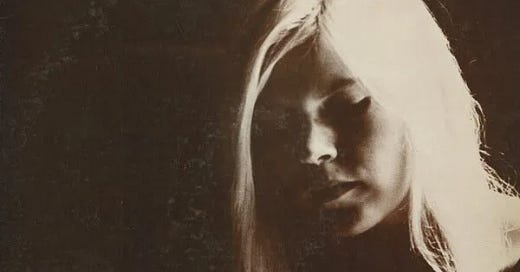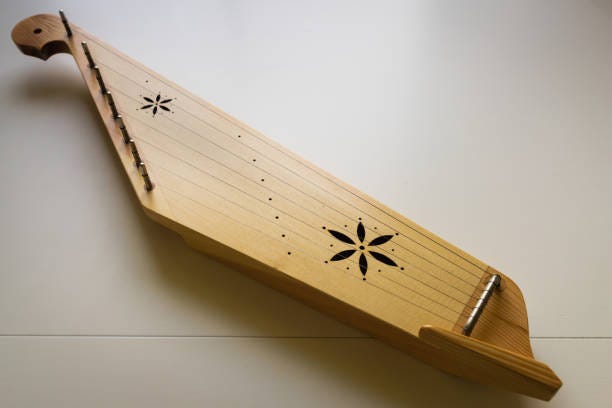EVERY GENRE PROJECT - April 23 - Estonian Folk Music
Genre of the Day - Estonian Folk Music
Album of the Day - Eesti rahvalaule by Reet (1969)
April 23, 2024
All music holds potential power. But there’s perhaps no type of music imbued with as much power-to-the-people transferability than folk music. It’s literally in the name. Estonia is perhaps the golden example of how folk music cannot just socially bond communities, but sweep nations into action and social change.
In the late 1980s, the USSR was on the brink. A stagnating economy led to Mikhail Gorbachev having to implement widespread liberalization. However, without the rigid state-run nature of the whole operation, being bonded to Moscow was no longer in the cards for the various states that had existed before being joined to the USSR. Across the Baltic countries, this unrest began to manifest in an unexpected grassroots movement: singing. Known today as the Singing Revolution—a word encapsulates just how powerful it was—Estonians would gather en masse to sing together and amplify their call for independence. At one point, nearly a quarter of the population gathered in 1988 at a song festival in the capital.
As you can imagine, folk music is perhaps more etched into the fabric of Estonia’s recent history more than any other nation. It was literally instrumental in helping secure independence, and what began in Estonia also spread to the other Baltic nations, signaling massive changes the USSR couldn’t resist. It’s a watershed moment in how cultural and national autonomy are intertwined, something we’re still seeing fights for all across the world. Part of Estonia’s folk music traditions features a multitude of different strands. There’s the mystically monikered rune singing traditionally sung by women. There’s also drone singing which features just one note sung with subtle shifts occasionally. Instrumentally, the gorgeous lyre talharpa and harp kannel, a type of accordion called the lõõtspill, and more common instruments like the bagpipe.
Today’s album, like much of late ‘60s folk in general, strips it back to just one simple instrument: guitar. Sparse, plaintive compositions pervade the set of songs presented by Estonian singer Reet. The melancholic tone may also be a product of her being so far from home: she began to sing in Canada after moving away from Sweden, where her family had escaped to after Estonia was bombed in WWII, in her early 20s. Her voice is gorgeously suited to present her language in an English-speaking country: it possesses a gentle clarity, but it still has a darker shade. The chord progressions do feel awfully reminiscent of parallel late ‘60s English-language folk, but they’re still deft such as on “Oh, mina väike mehekene” and the on the unique chord progressions of “Lirekene.” She pours her yearning heart into these traditional Estonian folksongs: while I couldn’t find the translations, maybe the power lies there. Despite the contemporary arrangements, it still traces a long line of proud, suppressed Estonian history from afar, showing how folk music remains powerful even in conversation with the times they’re released in.





